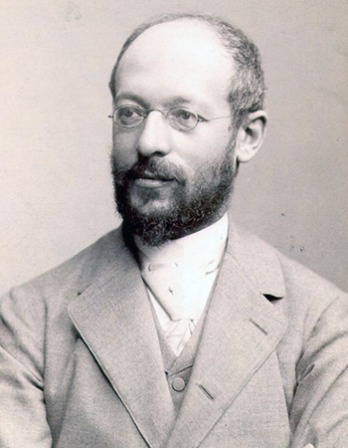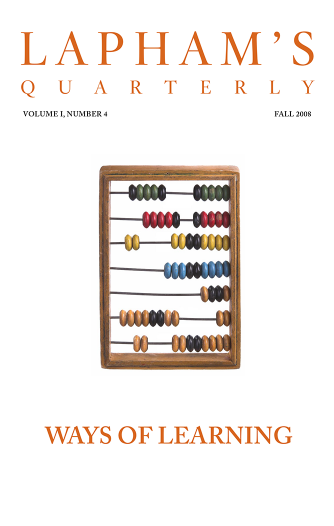Mimnermus
Poem 2,
c. 630 BC
Poem 2,
But we are like the leaves that flowery spring
puts forth, quick spreading in the sun’s warm light:
for a brief span of time we take our joy
in our youth’s bloom, the future, good or ill,
kept from us, while the twin dark Dooms stand by,
one bringing to fulfillment harsh old age,
the other, death. The ripeness of youth’s fruit
is short, short as the sunlight on the earth,
and once this season of perfection’s past,
it’s better to be dead than stay alive.
All kinds of worry come. One man’s estate
is failing, and there’s painful poverty;
another has no sons—the keenest need
one feels as one goes down below the earth;
sickness wears down another’s heart. There’s none
Zeus does not give a multitude of ills.





